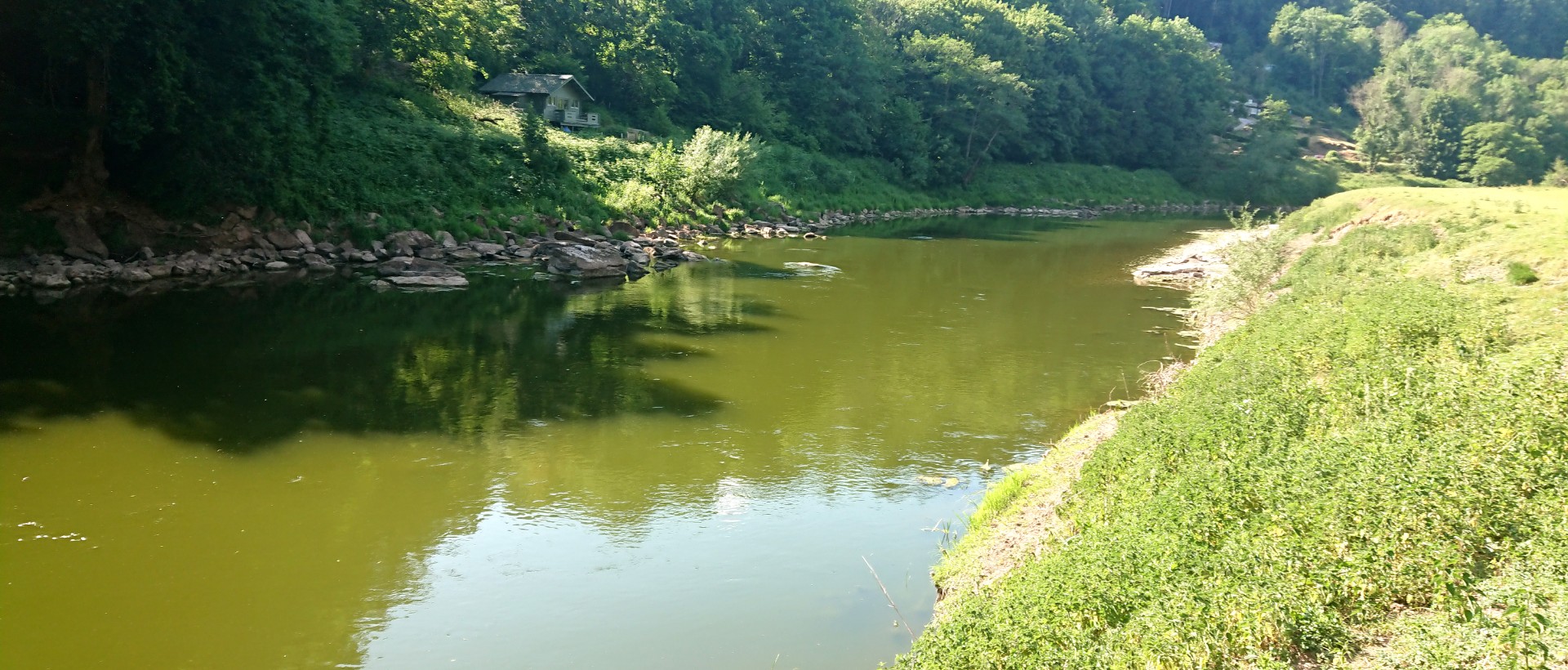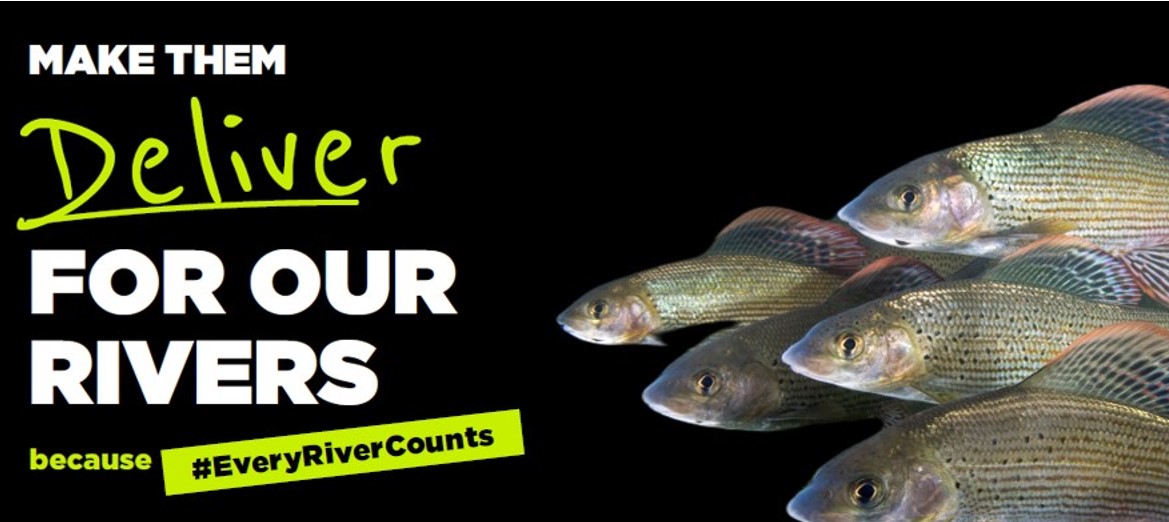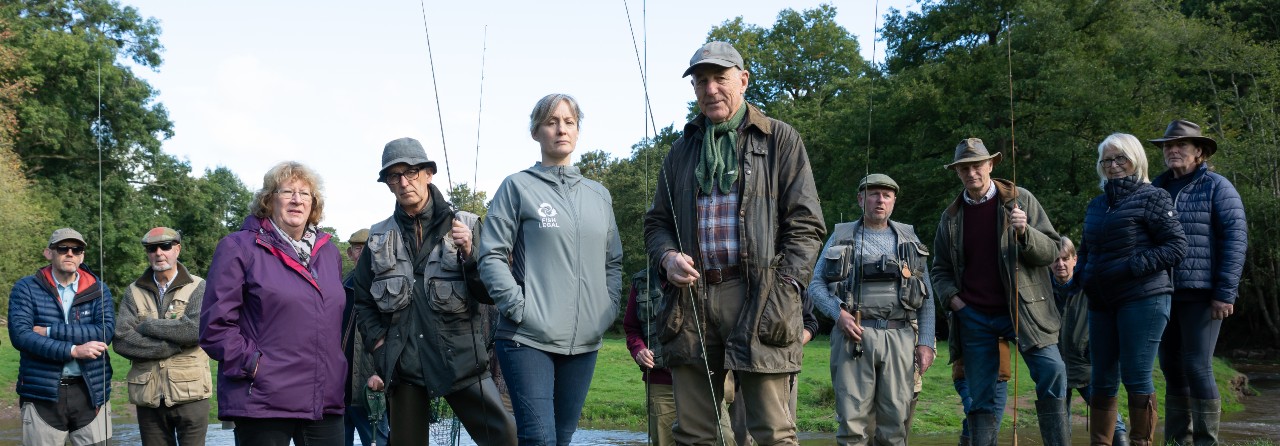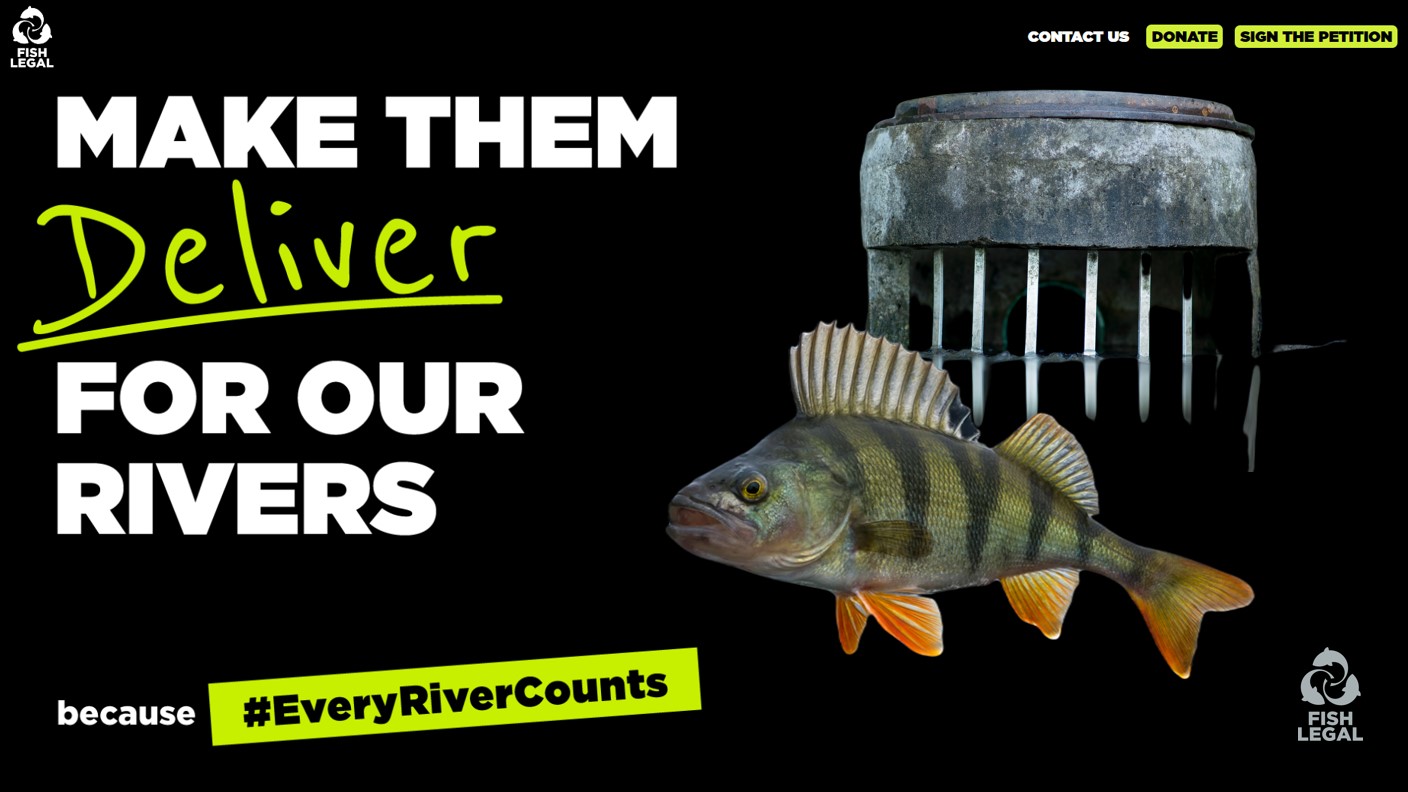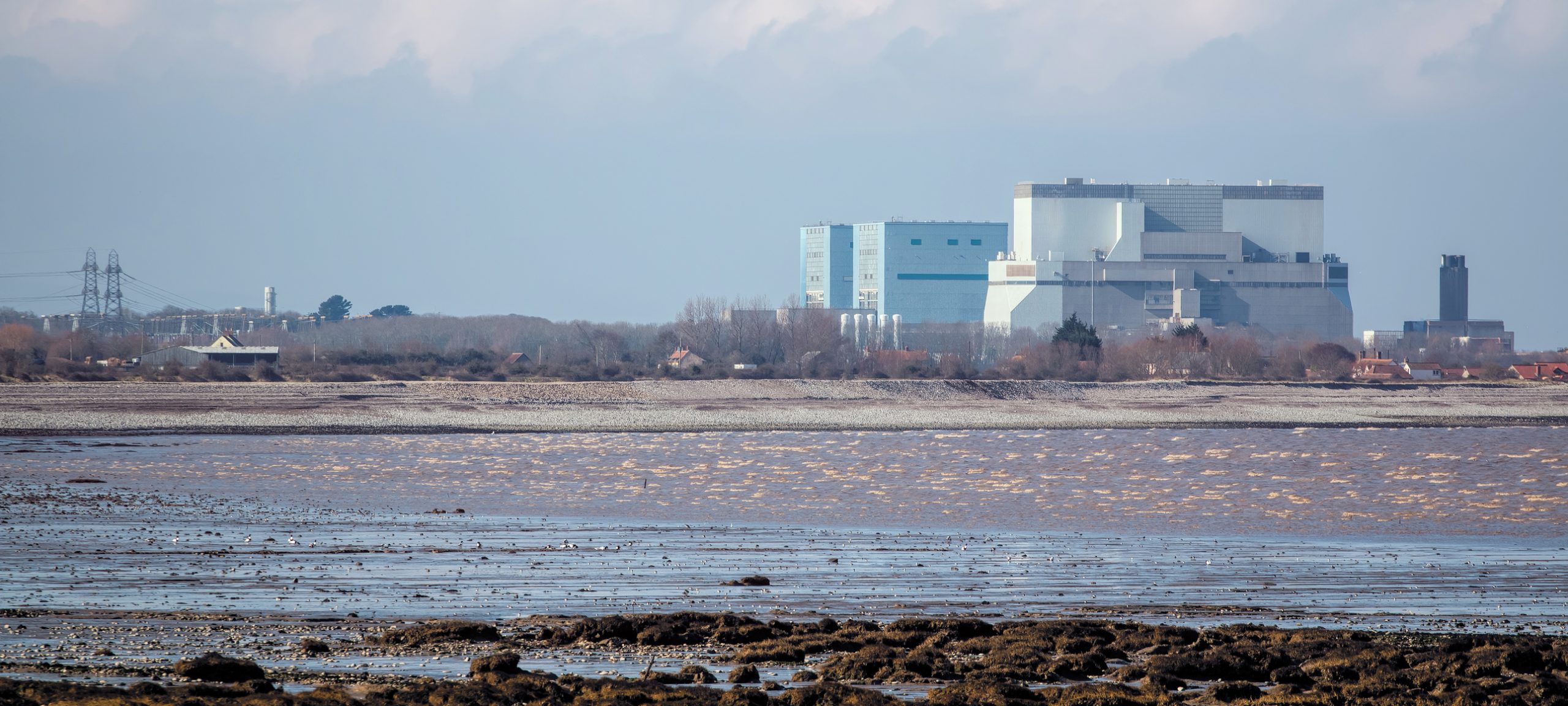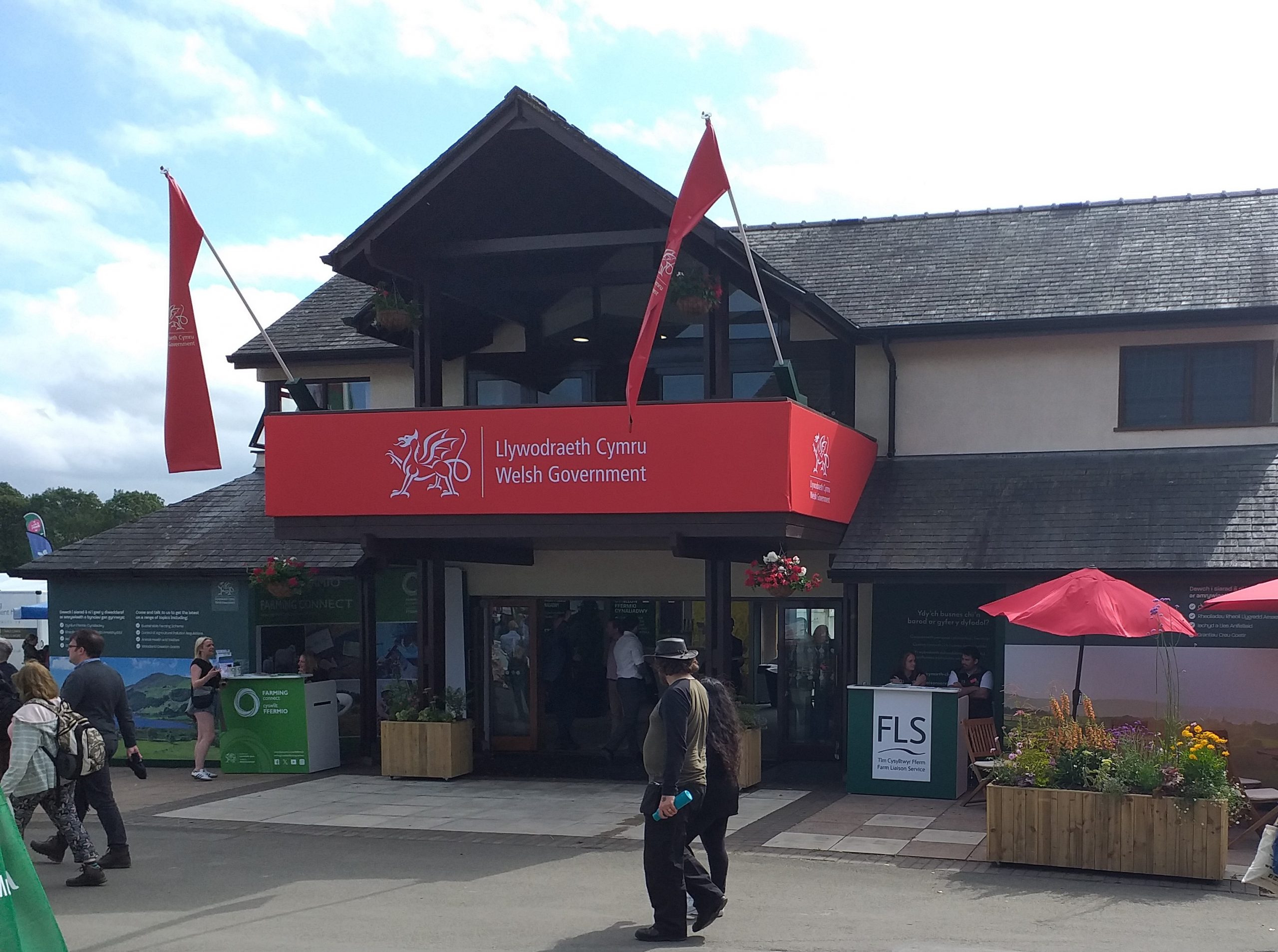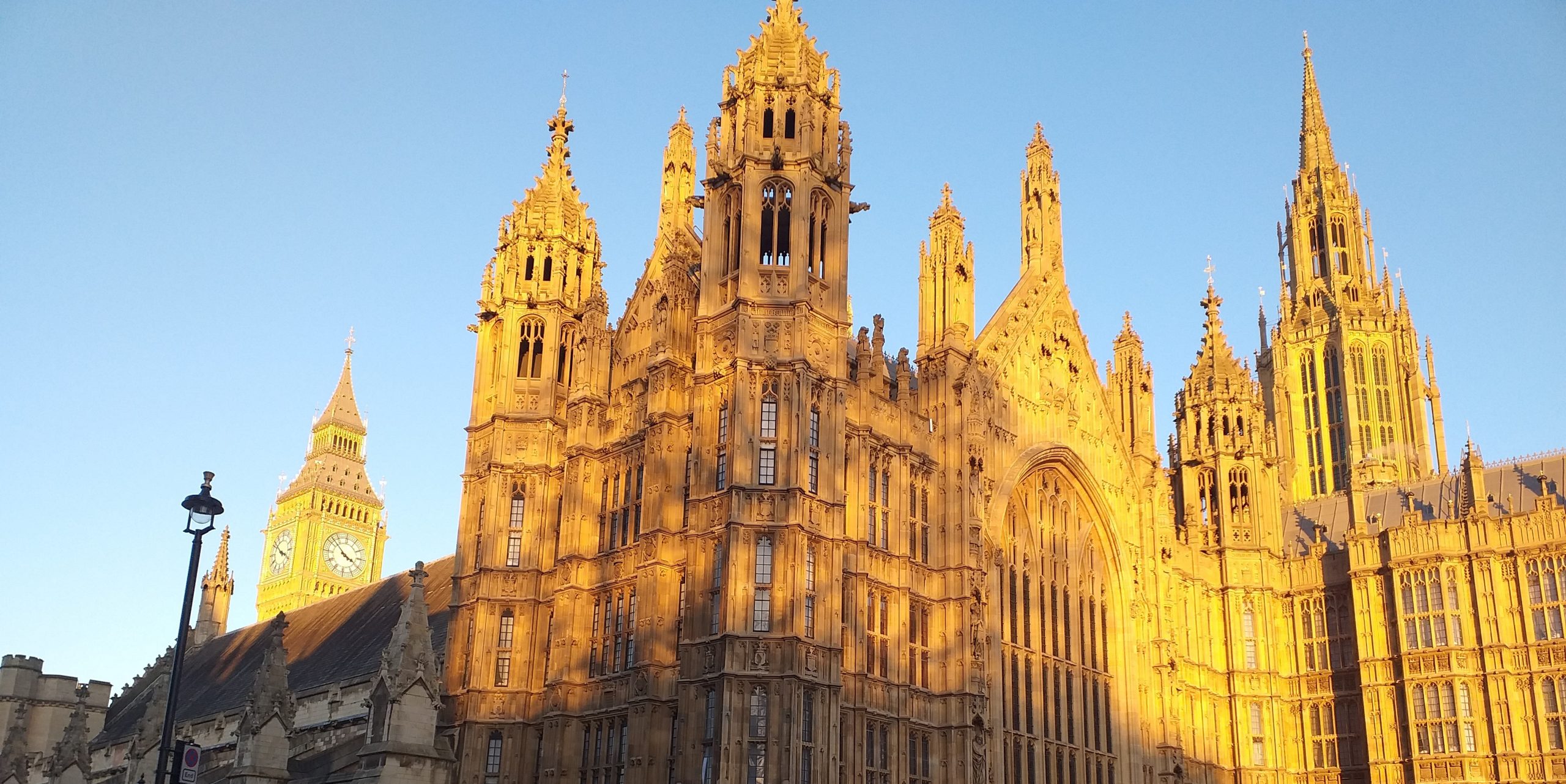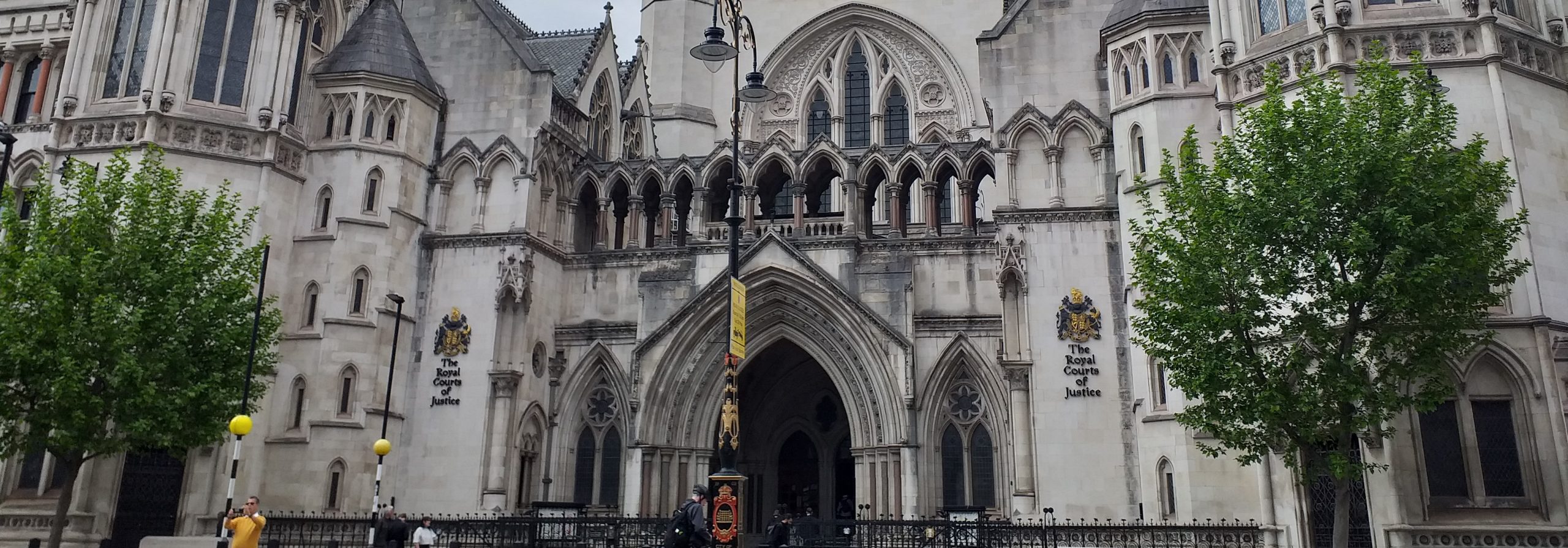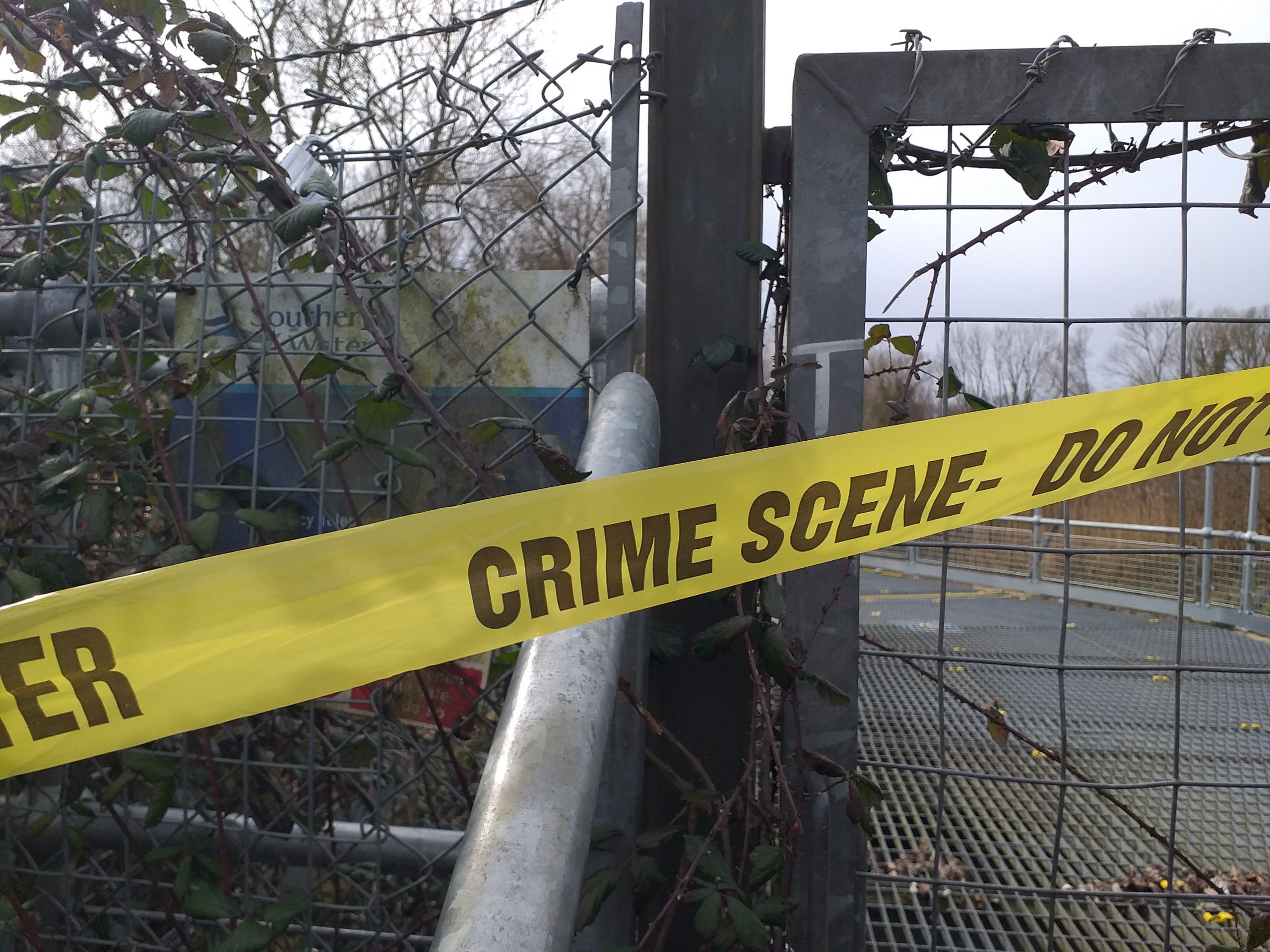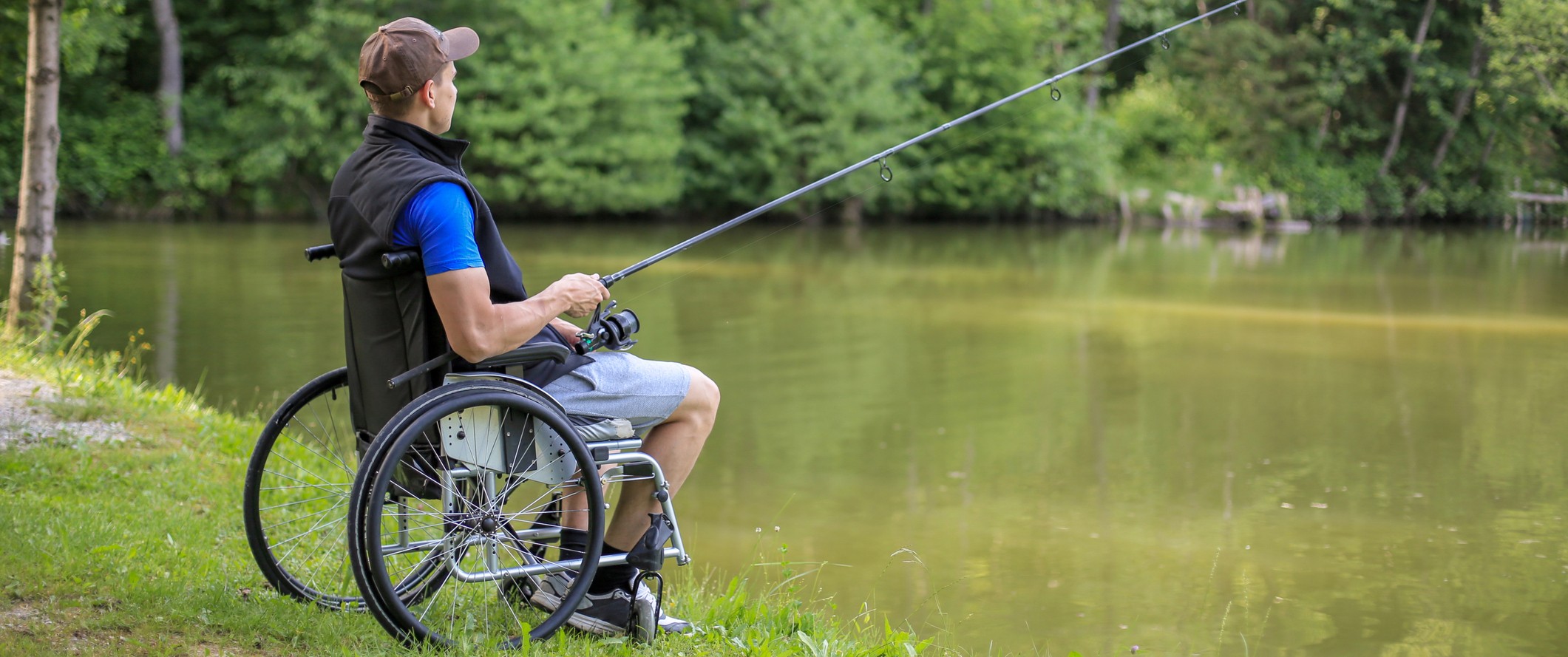News
Natural Resources Wales conclude that there is no environmental damage on the River Wye
Two years after Fish legal notified Natural Resources Wales (NRW) that environmental damage is being caused by Intensive Poultry Units (IPUs) in Wales, NRW has this week formally concluded that there is no evidence of a deterioration in the status of the River Wye and therefore no duty on them to act.
Fish Legal provided NRW with a report from an expert ecotoxicologist explaining how the poultry units contribute pollution to the Wye and asked them to act immediately – as they are required to do under the Environmental Damage (Prevention and Remediation) (Wales) Regulations 2009. If they found evidence of environmental damage under the regulations, NRW would have a duty to investigate operators – such as IPUs – in the catchment with a view to reversing the damage.
Relying on data from 2009 to 2015, NRW argue that there is no evidence of a direct relationship between the geographical location of poultry units and the location of failures in the protected site. According to NRW, only one waterbody within the Wye catchment– the Afon Chwefru – has been identified as potentially deteriorating.
The River Wye is a Special Area of Conservation (SAC) needs to meet favourable conservation status targets. However, NRW has not carried out a review of the status of the SAC since 2009, despite being legally required to do so on a ‘continuing basis’.
The report provided by Fish Legal, based on more recent surveys and data, detailed impacts to the Ithon, a main tributary of the Wye in Wales, and indicated levels of phosphate many times higher than in a healthy protected upland river. With an estimated 2 million chickens reared in sheds across the Ithon catchment, the report makes a link between the pollution and the algal blooms. Despite this expert evidence, NRW has continued to deny the link is there at all.
Justin Neal, Solicitor at Fish Legal said,
“This is a clear example of a regulator burying its head in the sand. There is an army of citizen scientists currently collecting samples and testing water quality on the entire length of the Wye. But NRW aren’t going to take a blind bit of notice of their results. They will continue to rely on their own out-of-date assessments to deny what is glaringly obvious to everyone else: the River Wye as a habitat for wildlife is deteriorating.”
He added:
“NRW completely ignore any link between where poultry manure is spread in the catchment and deterioration. Most people would understand that you won’t necessarily find a link between elevated phosphate levels at the location of an IPU, if the manure from the facility is spread on fields next to the Wye a few miles away – which is what happens at the moment.”
